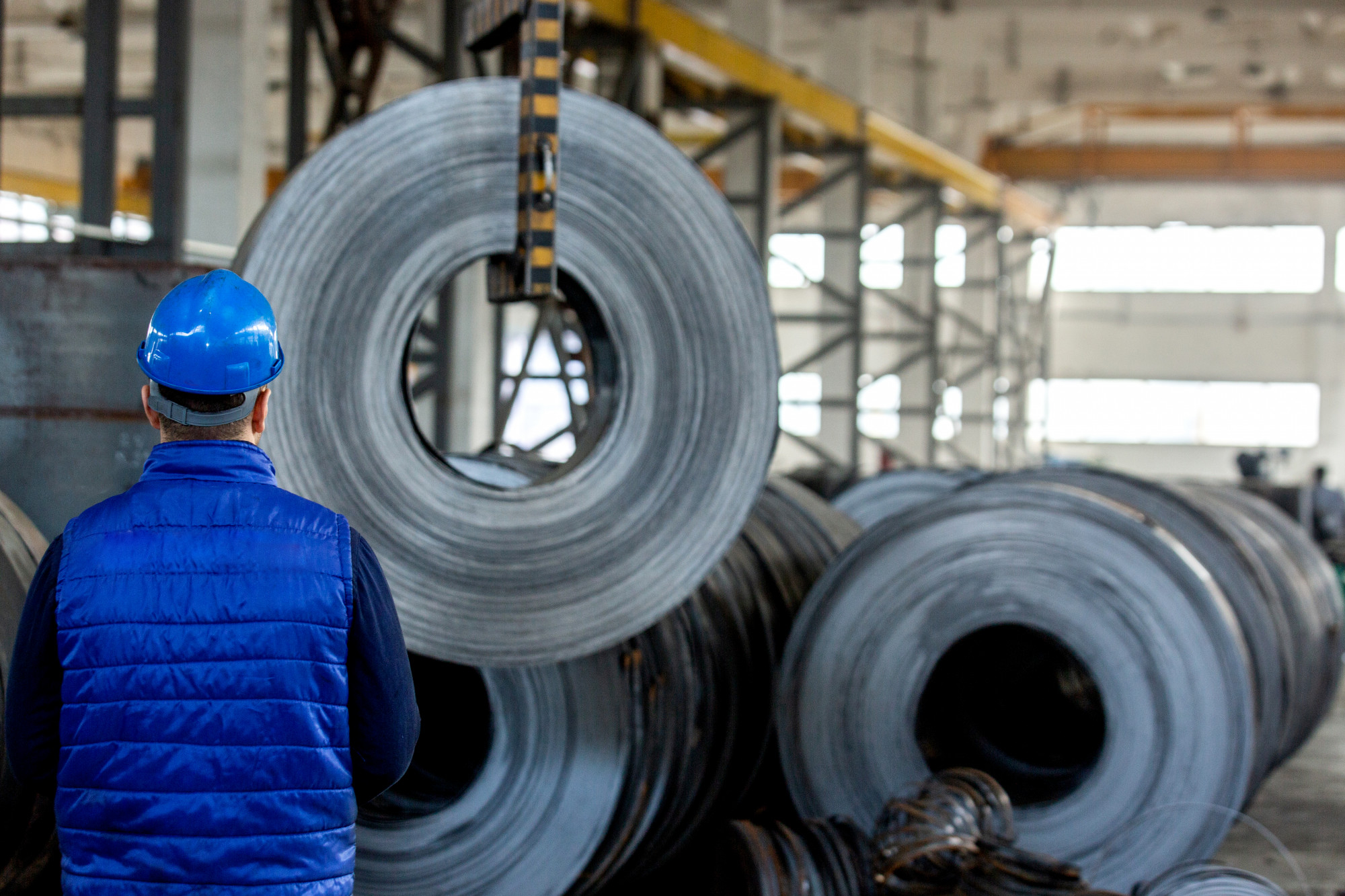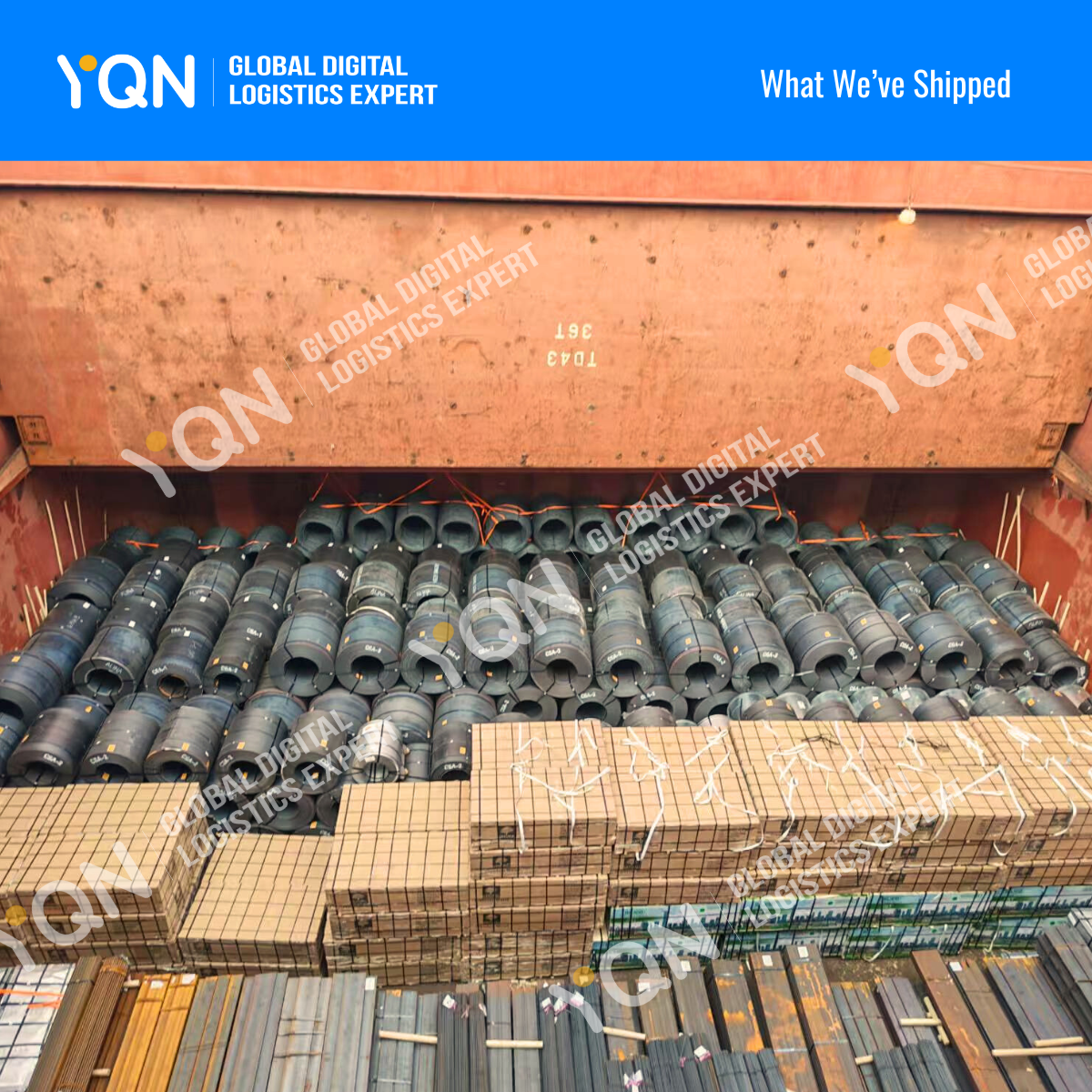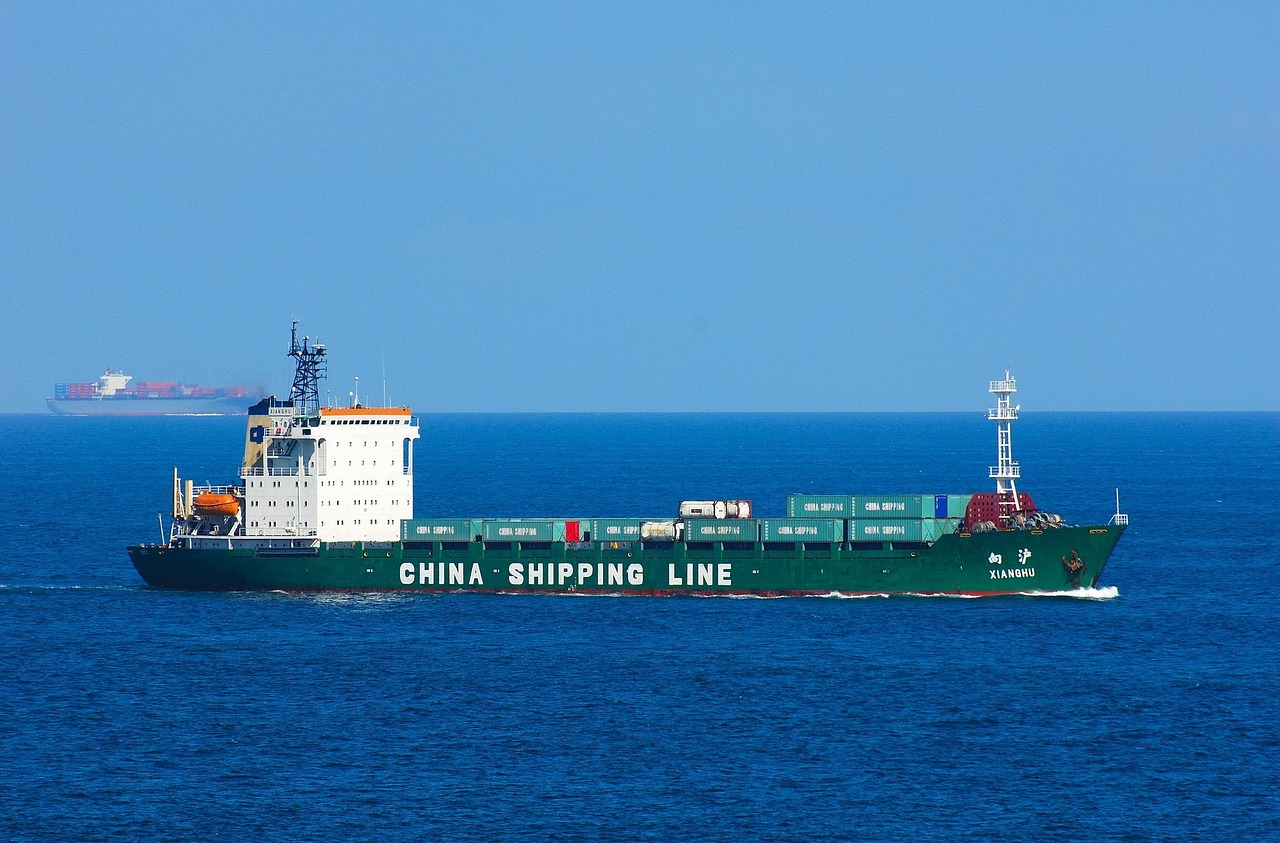How to Ship Steel Coils from China to Djibouti | Case Study

We’re proud to share a recent milestone in our global logistics operations—the successful transport of hundreds of tons of steel coils from China to Djibouti, East Africa.
This shipment demonstrates the complexity and importance of project cargo logistics, particularly when handling heavy industrial materials across long ocean routes and into developing markets. Whether you're shipping for construction, infrastructure, or manufacturing, understanding the key steps and challenges of steel coil transport is essential.

What Are Steel Coils and Why Do They Matter?
Steel coils are tightly wound strips of hot-rolled or cold-rolled steel used in a wide range of applications, including:
Infrastructure and construction (e.g., bridges, pipelines, roofing)
Shipbuilding and machinery
Automotive and heavy equipment manufacturing
Due to their dense weight, bulky cylindrical form, and sensitivity to moisture, steel coils require careful logistics planning from end to end. As such, they are often treated as project cargo—specialized freight that doesn’t fit into standard shipping categories and needs custom solutions.
Why Steel Coil Transport Is Challenging
The process of moving steel coils internationally involves navigating several logistical hurdles. Here are some of the key concerns in project cargo shipping:
1. Weight and Load Distribution
Steel coils can weigh several tons each. If loaded improperly, they risk damaging containers or vehicles. Careful weight distribution and support structures are required.
2. Cargo Securing and Shape
Because of their rounded shape, coils must be secured with cradles, wedges, or coil racks to prevent rolling. Industry-standard lashing and blocking are also essential.
3. Moisture Sensitivity
Steel is prone to rust. Coils must be wrapped in moisture-resistant film and often shipped with desiccants or in ventilated containers to avoid corrosion.
4. Port Infrastructure
Not all ports—particularly in East Africa—have specialized equipment for handling heavy project cargo. Advance planning ensures the right cranes and forklifts are available.
5. Customs and Regulatory Compliance
Steel often requires specific documentation for customs clearance, such as certificates of origin and material composition reports. Delays can occur without proper preparation.
Why Djibouti? A Strategic Gateway for African Trade
Djibouti is a growing logistics hub in East Africa, serving not only its own economy but also acting as the primary port access for landlocked countries like Ethiopia. However, successful delivery to Djibouti means navigating:
Port congestion and varying infrastructure capabilities
Manual or semi-digitized customs processes
Complex inland distribution planning if the cargo is transshipped to nearby countries
That’s why project cargo freight forwarders with regional experience are key to managing risk and maintaining schedules.

Key Steps in Steel Coil Transport from China to Djibouti
While specific project details remain confidential, the shipment followed core best practices commonly used in the project cargo logistics industry:
✅ Pre-shipment Planning
Assessment of coil dimensions and weight
Selection of proper container type (20' or 40' GP or OT)
Export documentation preparation
Marine cargo insurance coverage
✅ Specialized Packaging and Moisture Control
Application of VCI film to prevent rust
Addition of desiccants and proper container ventilation
Use of reinforced wooden flooring to handle concentrated loads
✅ Lashing and Stabilization
Custom cradles and blocking systems to hold the coils in place
Heavy-duty lashing straps and cross-bracing to prevent internal movement
Alignment with IMO and container safety standards
✅ Port-to-Port Coordination
Vessel booking with suitable handling ports
Ground coordination at origin and destination terminals
Equipment checks to ensure unloading support in Djibouti
✅ Real-Time Monitoring
Container tracking across ocean leg
Communication between carriers, port agents, and local handlers
Contingency planning for potential delays
Shipping Cost from China to Djibouti
When planning project cargo shipping, one of the most frequent questions is:
“What is the shipping cost from China to Djibouti?”
The answer depends on several variables, including:
Weight and volume of the cargo
Container type
Shipping season and available capacity
Port fees, customs duties, and inland handling
For heavy cargo like steel coils, breakbulk or flat-rack container service may also be considered, impacting the total cost. Working with experienced project cargo freight forwarders ensures you receive the best routing and pricing options based on real-time market conditions.
Supporting Industrial Projects Through Smart Logistics
This shipment is one example of how experienced freight partners manage complex, heavy, and sensitive cargo across international borders. The success of steel coil transport lies not only in physical movement but in planning, coordination, and risk management.
Whether you're moving steel, machinery, or other industrial goods, the principles remain the same:
✅ Secure the cargo correctly
✅ Understand destination requirements
✅ Plan for infrastructure limitations
✅ Track and communicate from start to finish
Need Help With Project Cargo Shipping?
If you’re planning to move project cargo such as steel coils, oversized equipment, or heavy industrial parts to Africa, Latin America, or Southeast Asia, choosing the right logistics partner is critical.
Talk to our team today via info@yqn.com and get a custom logistics plan tailored to your cargo and destination.

Shipping with YQN - Global Logistics at Your Fingertips
YQN has established subsidiaries worldwide, covering North America, Latin America, Southeast Asia, and the Middle East. We have partnered with 300+ top shipping and airline companies and have access to 3500+ high-quality supplier resources. YQN also has a professional customer service and fulfillment team of over 500 people to provide more worry-free and efficient international logistics services.
Contact Us
You can also email us at info@yqn.com.

